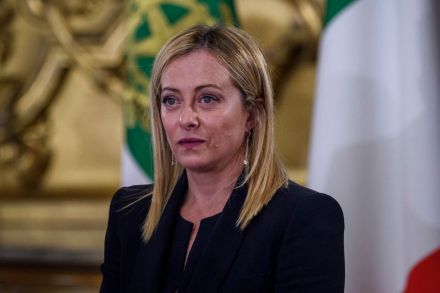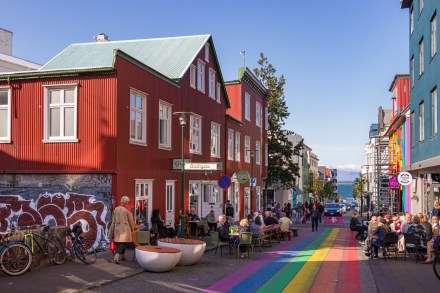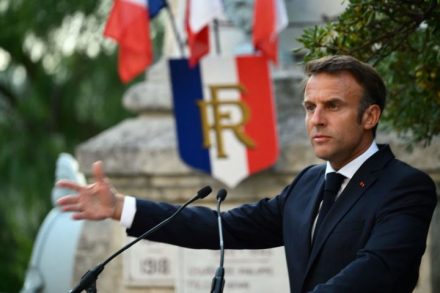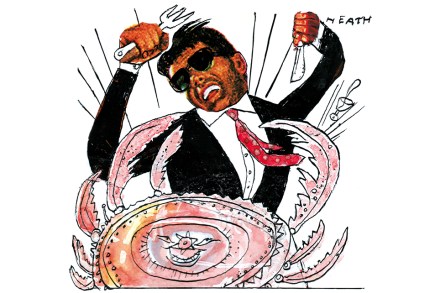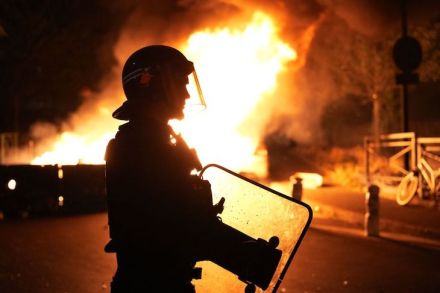Will a French coalition join forces against Le Pen at the next election?
Emmanuel Macron is not happy. He would love to run for a third term as president but the French constitution precludes such a prospect. Last week, he described the rules as ‘bloody disastrous’, a declaration that earned the president a reprimand from Nicolas Sarkozy in a television interview on Wednesday. The former president has been busily promoting his memoirs in recent weeks, discoursing on all manner of subjects from Putin to mass immigration to the 2027 presidential election. It’s his belief that his former party, the centre-right Republicans, can be resurrected, but only if they ‘take risks’. That means a coalition, similar to the one that swept Giorgia Meloni to











